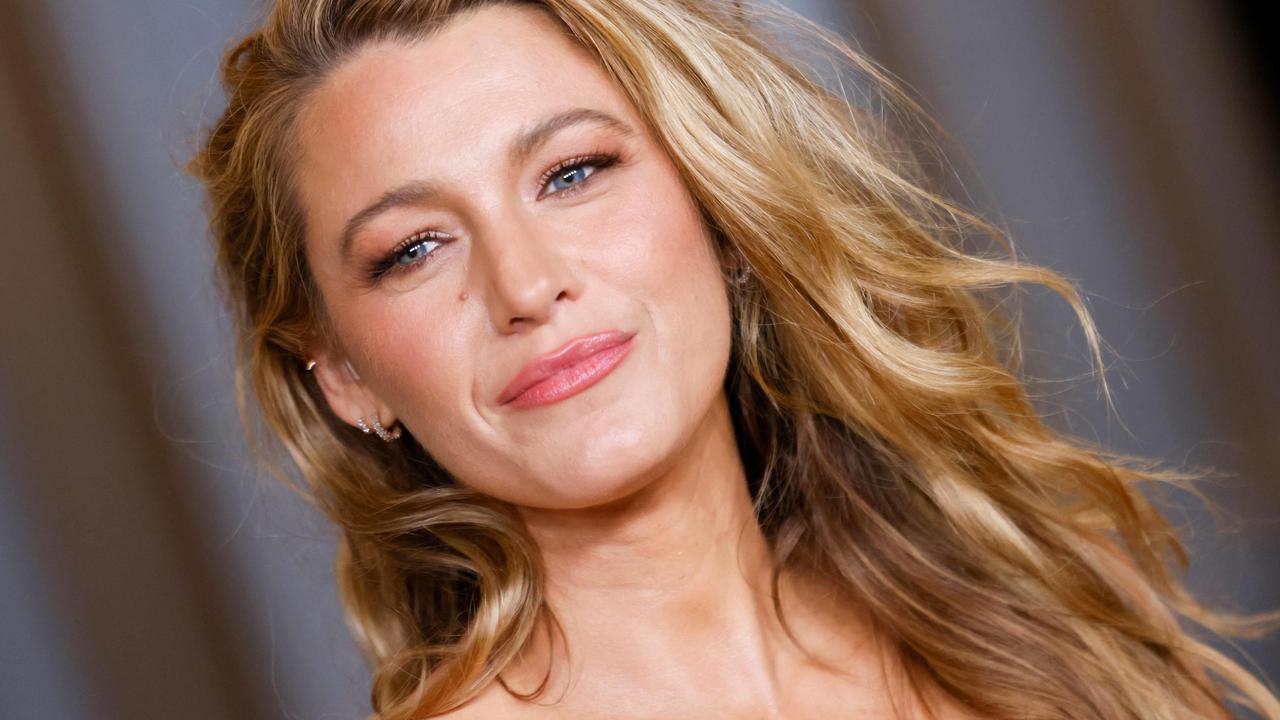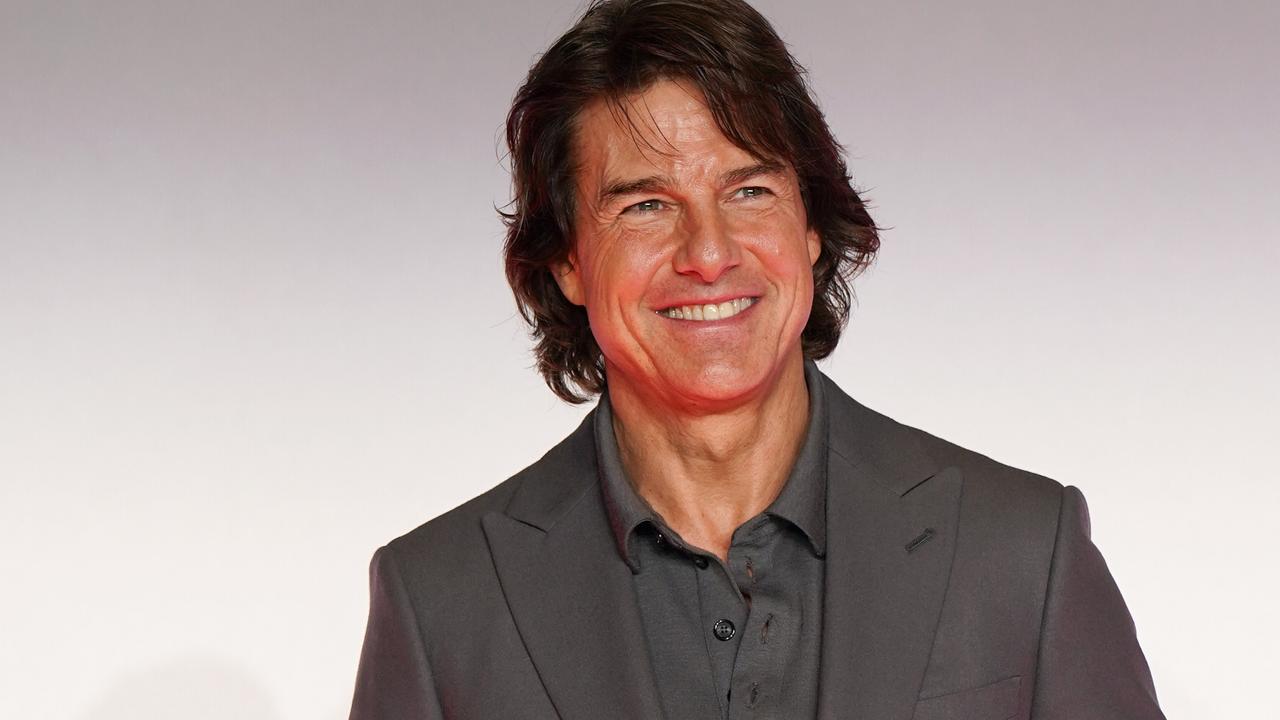Aussie stars in Hollywood fear for the future after Donald Trump’s tariff announcement on foreign movies
Donald Trump’s bombshell tariff attack on foreign films has Aussie stars fearing it could spell the end of our local industry.
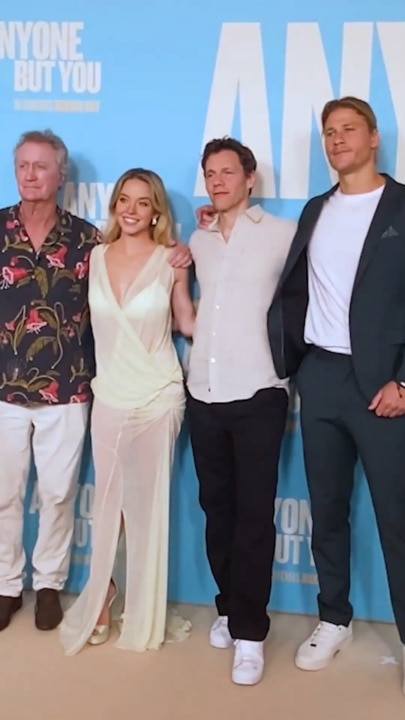
Donald Trump’s threat to upend the show business industry with a crippling tax on foreign films is either a gallant act by the hero intent on saving Hollywood or the work of a supervillain delivering a death blow – it depends which country is writing the script.
While the US President has already alluded to a plot twist that could see him walk back plans to impose 100 per cent tariffs on films made in Australia and other counties, he has ignited a firestorm that will be difficult to extinguish.
In Australia, the announcement has unleashed a flood of calls for business and government to forge stronger partnerships with countries outside the US and invest in domestic jobs and productions to future-proof the industry against external threats.
Industry leaders are also lobbying for a review into the current use of Australian taxpayer dollars to fund incentives for US productions and investigate whether those funds can instead be redirected into supporting local projects.
There are concerns the mere threat of tariffs will cause delays in film productions and spark a hesitancy to invest as the industry awaits definitive information from the White House.
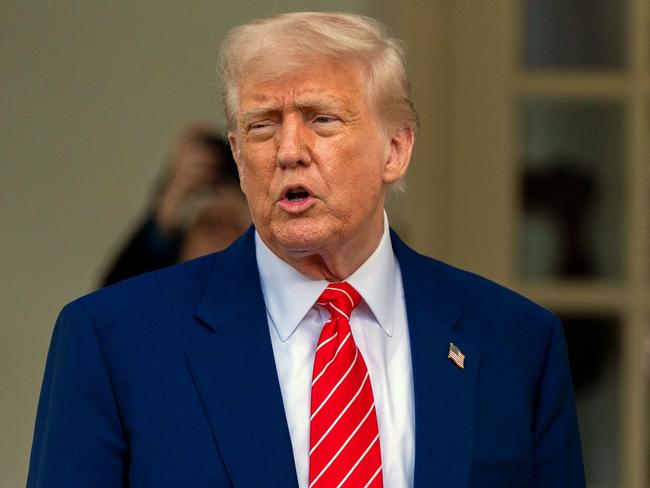
Australian film director, producer and screenwriter Robert Connolly who directed films including The Dry and its sequel said the announcement should act as a turning point.
“It’s always been a significant danger for a local screen industry to focus so heavily on bringing US productions to Australia,” he said.
“This is clearly a moment for Australia to lean more heavily into the strength of our local industry and our own stories, and look to the rest of the world through co-productions to find other partners to bring production to Australia.”
He said other countries had already started reducing their reliance on US productions and investing domestically.
“The Australian government already spends hundreds of millions of dollars a year bringing footloose US productions to Australia,” Mr Connolly said.
“In my view, any additional support right now to assist with the impact of Trump’s proposed tariffs should be diverted to support our local industry.
“Australians love our local cinema, I’ve enjoyed the audience response to some of my films from Paper Planes to The Dry because of this, and I see a great opportunity for this support to make sure that we have a robust, future-proofed industry that is less reliant on US studio productions.”
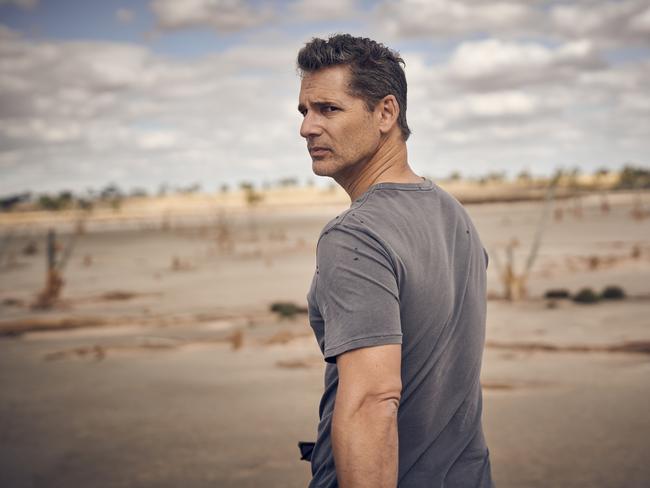
On Sunday night local time, Mr Trump shocked the entertainment industry when he announced on social media he was authorising his trade tsar to begin instituting 100 per cent tariffs on “any and all movies coming into our country that are produced in foreign lands”.
“Other countries are offering all sorts of incentives to draw our filmmakers and studios away from the United States. Hollywood, and many other areas within the USA, are being devastated,” he wrote.
“This is a concerted effort by other nations and, therefore, a national security threat. It is, in addition to everything else, messaging and propaganda.”
He was less emphatic the following day in a press conference when he said: “We’re going to meet with the industry … I want to make sure they’re happy about it”.
Tariffs have been a defining pillar of Trump’s presidency but this is the first time he has imposed them on services rather than physical goods and it’s unclear how they would be calculated or implemented.
Mr Trump’s announcement came one day after he met with actor Jon Voight who, along with Mel Gibson and Sylvester Stallone, was appointed a special ambassador to Hollywood by the President in January with the mission of bringing back Hollywood “bigger, better and stronger than ever before”.
A leaked document purportedly put before Mr Trump by Mr Voight during their meeting at Mar-a-Lago proposed domestic federal tax credits and a tariff of 120 per cent on any foreign incentives received to shoot a film overseas that could have been done in the US.

After backlash and confusion in the wake of Mr Trump announcement, Mr Voight posted a video in front of an American flag expressing his gratitude for the President whom he described as the greatest US leader since Abraham Lincoln.
“Our industry recently has suffered greatly over these past few years and many Americans have lost jobs to productions that have gone overseas, it’s been very serious, people have lost their homes, can’t feed their families,” he said.
“After meeting with many of the entertainment leaders, I have brought forward recommendations to the president with certain tax provisions that can help the industry, some provisions that could be extended and others that could be revived or instituted.”
His fellow Hollywood ambassadors have not commented on the tariffs but Screen Producers Australia chair Kate Carnell implored Mr Gibson, whose family moved to Australia when he was a boy, to intervene, noting he planned to film his Passion of the Christ sequel in Italy.
“Hopefully Mel Gibson, as one of Trump’s advisers in this space, is telling the President that this is a dumb idea,” Ms Carnell told Reuters.
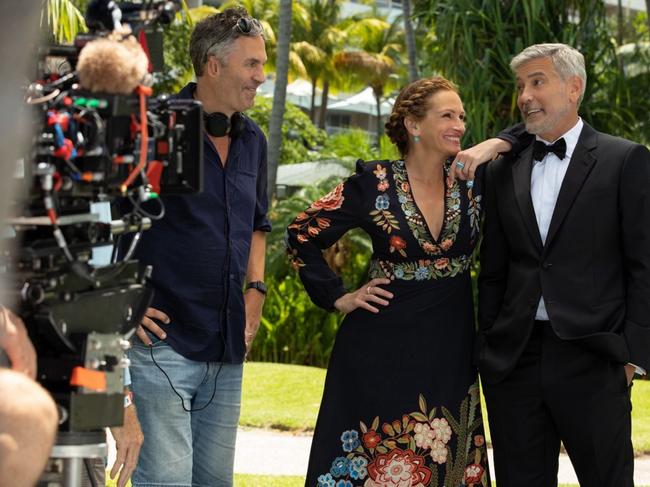
Australian Writers’ Guild Executive Director Claire Pullen said the industry had already been grappling with the uncertainty caused by artificial intelligence and streamers.
“Our primary aim right now is to see our re-elected government implement mechanisms to support Australian creative jobs and the development of Australian intellectual property, particularly on streamers,” she said.
“There’s a lot of uncertainty in our industry right now and we’re aware that productions are being held back already, for a range of reasons.
“We’ve already seen a global reduction of production before these remarks, so we really want to focus on how we bring certainty to Australian creators.”
Peter Mattessi, a screenwriter and show-runner who has worked on television shows including Neighbours and EastEnders, said it was crucial to invest in local storytelling.
“Firstly, it is unclear how or even if these tariffs will work, but we are of course preparing for there to be considerable uncertainty in the short term until studios, producers, and indeed Screen Australia can better understand how they will operate,” he said.
“We have some of the best crews in the world and we are enthusiastically discussing strategies to keep them working, and the opportunities for them on Australian productions of Australian stories by Australian writers.
“The opportunity for the screen industry should these tariffs take effect is to re-examine the amount of taxpayer money we contribute to international productions. Is it the best use of hundreds of millions of dollars to subsidise American movie studios, or could some or all of this money be put to better use making it more affordable to commission and produce Australian content?”
International tax breaks from countries including Australia, Canada, New Zealand and England have lured productions away from the US in recent years and production spending has declined by about a quarter since 2022.
However the top 10 movies in the world in 2024 were all made in America.
More Coverage
Originally published as Aussie stars in Hollywood fear for the future after Donald Trump’s tariff announcement on foreign movies



